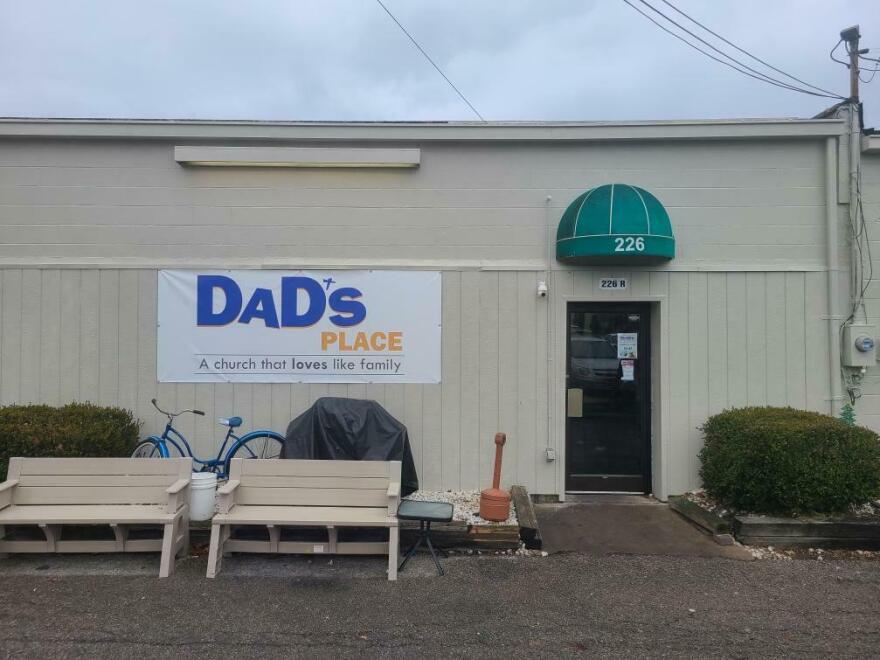The city of Bryan, Ohio, has dropped all charges against a local pastor who was allowing homeless people to sleep inside his church without the city's permission.
"Bryan is my home. I am eager to continue to serve God, my community, and the people I love," pastor Chris Avell said in a statement.
Avell had faced 18 zoning code violations for turning his church, Dad's Place, into a quasi-homeless shelter. Those violations were punishable by fines, up to six months in prison, or both.
In January, Dad's Place filed a federal suit against the city on the grounds of religious discrimination. The church argued that providing food and shelter was a form of religious expression and therefore its ministry is protected by the Constitution.
Earlier this week, Bryan, a city of about 8,600 people located about an hour west of Toledo, dismissed the case against Avell. The church plans to continue to offer temporary lodging to those in need but agreed to work with the city to meet safety codes, according to Dys.
"The city of Bryan appreciates the willingness of Dad's Place to work with the city to resolve the parties' differences amicably and to ensure that the services provided by Dad's Place are delivered in a safe manner," Mayor Carrie Schlade said in a statement.
Dad's Place began to offer overnight stays last March, partly in response to the housing shortage in Bryan, according to Jeremy Dys, who represented Avell. Dys is an attorney with First Liberty Institute, a law firm focused on religious liberty cases.
About eight people on average would stay at the church as well as two church volunteers, Dys said. The lodging has been intended for temporary or emergency purposes only.
The city said that last spring, police began to receive an influx of calls over safety concerns at Dad's Place, including larceny, harassment and disturbing the peace.
Soon, the church also faced zoning code violations because it is in a district that prohibits residential use on the first floor of any building. The city said it warned Avell of the zoning laws in November but the church continued its operations.
Last fall, Bryan officials launched a series of building inspections, which found multiple fire code violations including limited ventilation and inadequate exit areas.
The city said it ultimately pursued criminal charges against Avell because the church was putting people at risk by housing them in a building not up to code. But according to Dys, the building was simply old and the church worked tirelessly to resolve the violations.
"Why is it that the city is currently upset about these code violations?" Dys told NPR in January. "They're concerned about the safety because they want to cause an issue that would be a problem for the church, and create an opportunity for the city to drive this church out."
Avell pleaded not guilty in January. His trial was scheduled to begin Friday. His suit against the city and its officials are ongoing, according to Dys. A hearing is set for March 4.
Copyright 2024 NPR. To see more, visit https://www.npr.org.




